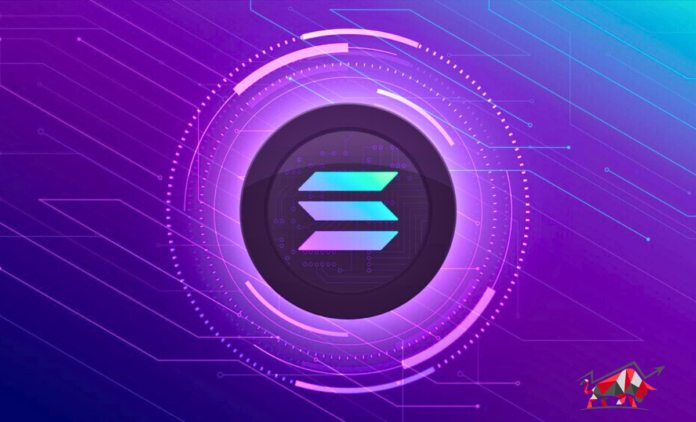Several leading financial institutions are collaborating with the Solana Foundation through UK-based software firm R3 to integrate Solana’s blockchain into their operations. This partnership marks a notable shift in the financial sector’s approach to blockchain technology.
Traditional Finance Meets Public Blockchain
R3, known for its blockchain solutions tailored for financial institutions, has entered into an agreement with the Solana Foundation. This deal allows R3 and its clients—including HSBC, Bank of America, Euroclear, and the Monetary Authority of Singapore—to utilize Solana’s public blockchain for tokenizing assets like stocks and bonds. As part of the agreement, the Solana Foundation will invest in R3, and its president, Lily Liu, will join R3’s board.
This collaboration signifies a strategic pivot for R3, which previously focused on private blockchain solutions. By integrating with Solana, R3 acknowledges the growing maturity and scalability of public blockchains in handling complex financial transactions.
Solana’s Technical Edge
Solana’s blockchain is renowned for its high-speed and low-cost transactions, processing approximately 65,000 transactions per second with fees as low as $0.001. These features make it an attractive option for financial institutions seeking efficient and scalable solutions for asset tokenization.
Moreover, Solana’s upcoming Firedancer upgrade, developed in collaboration with Jump Trading, aims to further enhance the network’s throughput and reliability. This upgrade is expected to provide real-time settlement capabilities, a crucial requirement for modern financial markets.
Implications for the Financial Sector
The integration of Solana into traditional financial systems could lead to several benefits:
- Faster Settlement Times: Reducing the time it takes to settle transactions can free up capital and reduce counterparty risk.
- Lower Operational Costs: Automating processes through smart contracts can decrease administrative expenses.
- Enhanced Transparency: Blockchain’s immutable ledger provides a clear audit trail, improving compliance and reporting.
These advantages align with the broader industry trend toward digital transformation and the adoption of blockchain technology for improving efficiency and transparency.
Challenges and Considerations
While the move toward public blockchains like Solana offers numerous benefits, it also presents challenges:
- Regulatory Compliance: Ensuring that blockchain-based solutions meet existing regulatory standards is critical.
- Security Concerns: Public blockchains must maintain robust security measures to protect against potential vulnerabilities.
- Integration Complexity: Merging new blockchain systems with legacy financial infrastructure requires careful planning and execution.
Addressing these challenges will be essential for the successful adoption of blockchain technology in the financial sector.
The Future is Bright for Blockchain Technology and Finance
The partnership between R3 and the Solana Foundation represents a significant step in the evolution of financial infrastructure. By embracing public blockchain technology, traditional financial institutions signal a readiness to innovate and adapt to the changing landscape. As the industry continues to explore the potential of blockchain, collaborations like this one will likely pave the way for broader adoption and integration of decentralized technologies in mainstream finance.


